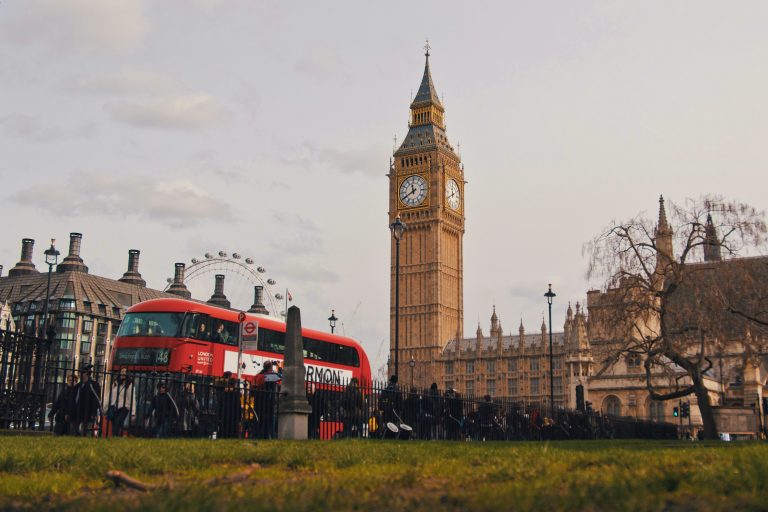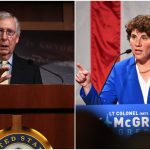Rethink. Reskill. Reboot.
That’s what the latest campaign in the United Kingdom declared. The goal was to get more young citizens into the technological workforce. Yet, it delivered nothing but backlash. By plastering the words, “Fatima’s next job could be cyber. (She just doesn’t know it yet)” next to a professional ballerina, the ad suggested people working in the arts should retrain.
It accredited CyberFirst, the National Cyber Security Centre’s program, as well as Her Majesty’s (HM) government.
The British Broadcasting Company (BBC) reported critics on Twitter called the advert “patronising” and believed the government was “not helping the arts through the pandemic.”
English journalist Caitlin Moran said in a tweet, “I don’t know if the government knows they appear to have recently created a ‘Hopes & Dreams Crushing Department,’ but for a country already depressed and anxious, I would suggest it’s a bit of a ‘not now, dudes’ moment?”
The ad has since been taken down, with Culture Secretary Oliver Dowden claiming it did not come from where he works in the Department for Digital, Culture, Media and Sport (DCMS). On the same day, DCMS announced awards of $330 million to 1,300 struggling organizations and venues from a $2 (£1.57) billion arts support package in July.
“I agree it was crass,” Dowden said in regards to the controversial ads. “This was a partner campaign encouraging people from all walks of life to think about a career in cybersecurity. I want to save jobs in the arts, which is why we are investing £1.57 billion.”
The Arts Council England said the arts and culture industry “contributes more than £10 billion a year to the UK economy.” This mimics the United States economy, where the arts supply $763.6 billion. The U.S. Bureau of Economic Analysis and the National Endowment for the Arts (NEA) reported this contribution is higher than agriculture, transportation or warehousing. Nevertheless, programs continue to be cut.
President Trump’s budget proposal for 2021, released in February, requests $30 million to “conduct an orderly closeout of the NEA” because they “are not considered core Federal responsibilities.” The National Endowment for the Humanities (NEH), the Institute of Museum and Library Services and the Corporation for Public Broadcasting are also on the chopping block.
Proven by an Arts Education Partnership report, art, no matter the form, creates well-rounded and critical thinkers. “Researchers determined that students who received more arts education did better on standardized tests, improved their social skills and were more motivated than those who had reduced or no access,” said USA Today’s Tamara Henry. So, how is it not a “core Federal responsibility” if funding the arts produces better citizens?
The arts build connections between cultures and can be a way to amplify social change. Taking away funding and programs strip away our abilities to evolve and create a better world, no matter if you’re living in the U.S. or the U.K.
We all have a right to be able to express ourselves. Without funding, it becomes impossible. I recognize the HM government’s goal to create opportunities as we live in a technological age, but it was wrong to inflict judgement on people who have already found their passion in the arts.
After all, what do we find in museums that invoke the most emotion? A poem from a Holocaust survivor. A heartbreaking painting by Peter Paul Rubens, pieces of jewelry inspired from ancient Roman cameos and Mozart’s music sheets. We find art.
So, just as we inform future generations of technology, we should not forget to encourage the importance of the arts. It deserves to be seen and funded in every country, whether on a stage, in a gallery or in a classroom.




